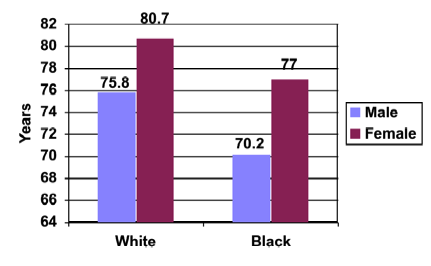“A brush with mortality turns out to be the best way to appreciate how blue the sky is, how sensuous grass feels underfoot, how melodious kids’ voices are,” wrote Nicholas D. Kristof in a recent New York Times op-ed piece. Mr. Kristof was fortunate, even lucky to have been found with a malignant tumor on his kidney after a CT scan was ordered for another part of his body. Despite survival rates of less than 50% for kidney cancer, a three-hour operation merely weeks ago left him with a six-inch scar, but more importantly, another chance to appreciate the finer things in life – to “seize the day” more often.
From my perspective Mr. Kristof had a little more than luck on his side. It is apparent that Mr. Kristof is a proactive participant in his health. Having been aware enough to notice a problem and the initiative to consult his physician are behaviors that should be encouraged, especially within the male population. From the stories I have heard in the past from male participants at health education events and fairs, most had not seen a physician for a routine visit in at least 10 years – some even longer! Female participants on the other hand, have engaged me with questions regarding their concern for their significant other. This difference in health-seeking behaviors mentioned above partly explains the health disparities presented below:
Life Expectancy at Birth, 2007
Leading Causes of Death, 2006*
Men have a higher death rate for most of the leading causes of death:
Cause of Death Men Women
Heart disease 248.5 162.2
Cancer 220.1 153.6
Injuries (unintentional) 55.2 25.5
Cerebrovascular disease 43.9 42.6
Health can be viewed as a resource for living and it plays a vital role in an individual’s quality of life, as well his educational, social and professional pursuits. The significant gap in life expectancy results from poorer health outcomes because men are less likely to receive preventive health care and as a consequence, are diagnosed with chronic illnesses at later stages compared to women, thus reducing their likelihood of positive prognoses, therefore increasing costs of treatment and rehabilitation and decreasing their levels of productivity.
When an individual succumbs to illness, the people around them are also affected. Take for instance a family that temporarily loses its primary source of income because its financial provider begins to undergo treatments for lung cancer. Both the immediate and extended family will directly experience personal as well as financial burdens. In addition, many others will experience the health problem indirectly, including the individual’s employer, co-workers and others in the individual’s direct social network. Therefore, as men continue to struggle with reduced health outcomes when compared to women, many others are also affected simultaneously and actually struggle with them. Is it reasonable to allow approximately 150 million Americans to live with reduced health outcomes?
Men: take the time this month to assess your health, because we can’t always count on luck to be on our side.
Please feel free to contact me if you have any ideas on how we can change how men view health at [email protected].






In my opinion, prevention and early detection are the most important aspect of health care and I liked how this article emphasized this to men. Men should be encouraged to see their doctor regularly for preventive care and to stay knowledgeable about their own health, just like women are.
There needs to be a whole attitude change in men. Their machismo and egos are the biggest obstacles in seeking health care.
Nice post and this mail helped me alot in my college assignement. Say thank you you for your information.